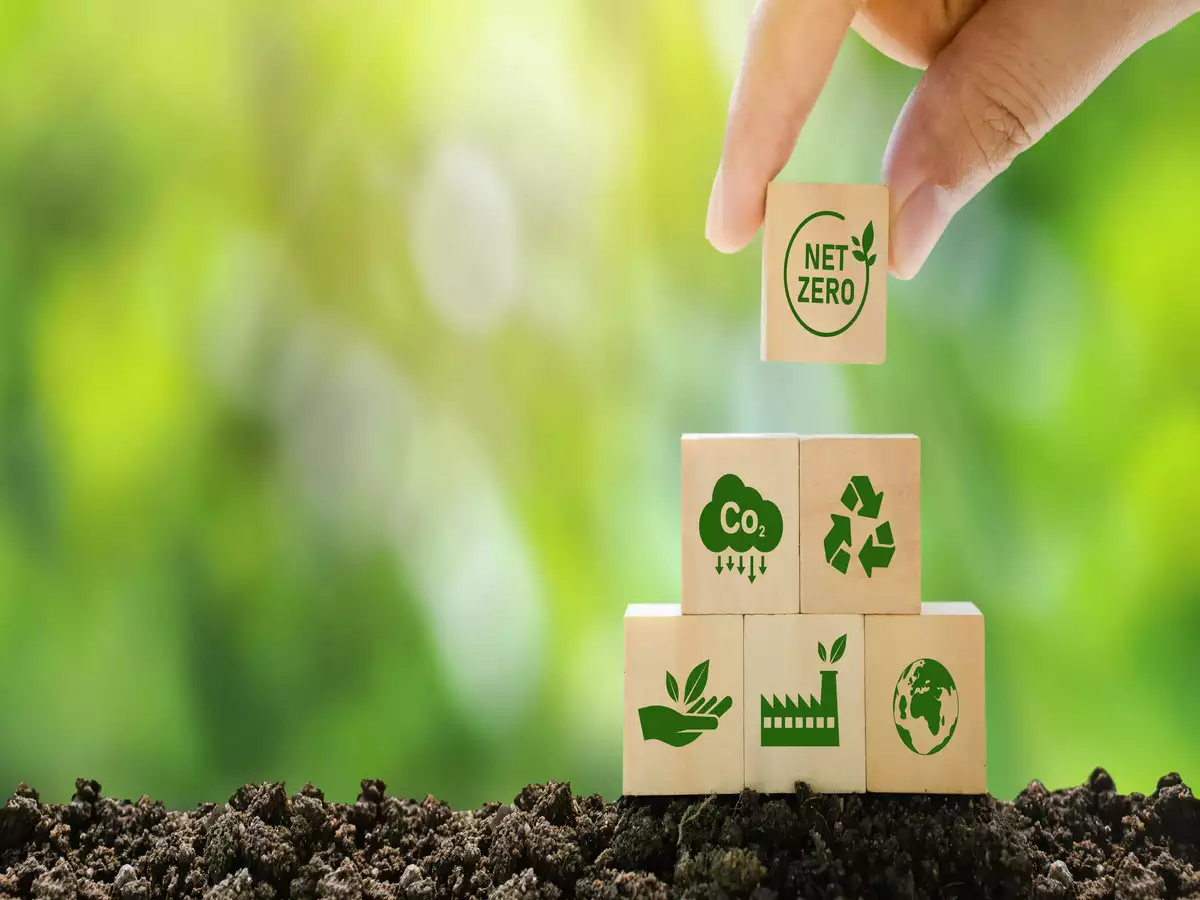Sustainable Practices in Sector-Specific Exhibitions
The increasing awareness of environmental issues has driven the demand for sustainable practices across various industries, including the exhibition sector. Implementing eco-friendly measures in sector-specific exhibitions can significantly reduce environmental impact, promote corporate social responsibility, and attract a conscientious audience. Indian Exhibition Services (IES), a leading exhibition company in India, explores sustainable practices in exhibitions and how they can promote eco-friendly events.
Adopting sustainable booth designs is one of the most effective ways to promote eco-friendly exhibitions. Encourage exhibitors to use reusable materials for their booth construction. Modular booth designs made from recycled or sustainable materials can be used for multiple events, reducing waste and lowering costs in the long run. Implement energy-efficient lighting solutions such as LED lights. These consume less power, produce less heat, and have a longer lifespan compared to traditional lighting options, making them a sustainable choice for exhibitions.
Reduce the use of printed materials by incorporating digital displays. Screens and tablets can be used to showcase product information, brochures, and other promotional content, minimizing paper waste and providing a modern, interactive experience for attendees.
Waste Management and Recycling
Effective waste management and recycling practices are crucial for reducing the environmental footprint of exhibitions. Set up clearly marked recycling stations throughout the exhibition venue. Provide separate bins for different types of waste, such as paper, plastic, and organic waste, to encourage proper disposal and recycling among attendees and exhibitors.
Implement initiatives to reduce waste generation. Encourage exhibitors to minimize packaging, avoid single-use plastics, and use biodegradable or compostable materials whenever possible.
Collaborate with local recycling companies to ensure that waste collected during the exhibition is processed and recycled efficiently. This not only reduces landfill waste but also supports the local recycling industry.
Sustainable Transportation and Logistics
Promoting sustainable transportation and logistics can significantly reduce the carbon footprint of exhibitions. Encourage attendees to use public transportation, carpool, or use ride-sharing services to reduce the number of vehicles traveling to the event. Provide information on public transportation options and offer incentives for those who choose eco-friendly travel methods.
Opt for green logistics solutions such as electric or hybrid vehicles for transporting materials and equipment to the exhibition venue. This can help reduce emissions and promote the use of sustainable transportation options. Source materials, products, and services locally to minimize transportation distances and support local businesses. This practice not only reduces carbon emissions but also contributes to the local economy.
Implementing sustainable practices in sector-specific exhibitions is essential for promoting eco-friendly events and reducing environmental impact. By adopting eco-friendly booth designs, effective waste management and recycling practices, and sustainable transportation and logistics solutions, exhibitions can become more sustainable and attract a conscientious audience.














Post Comment